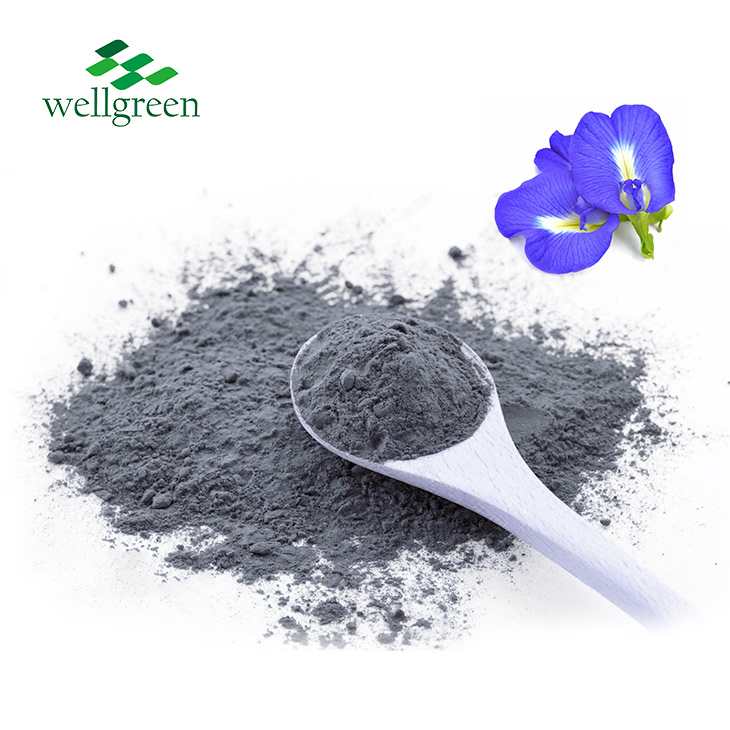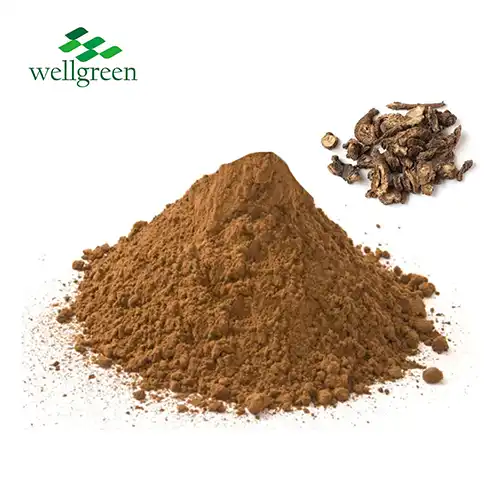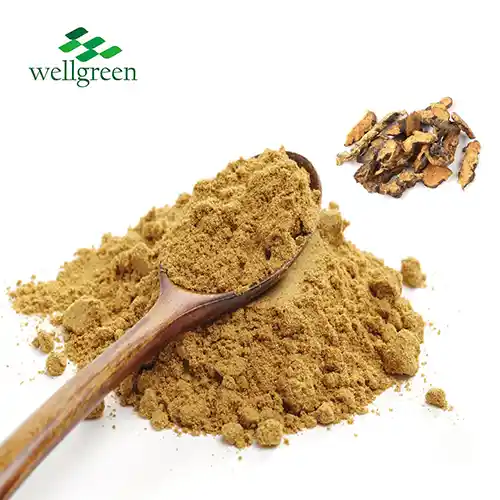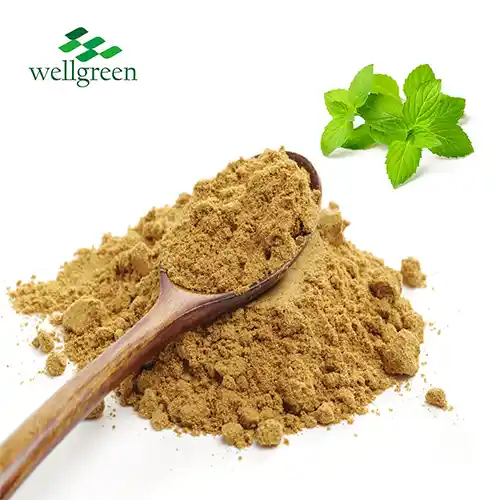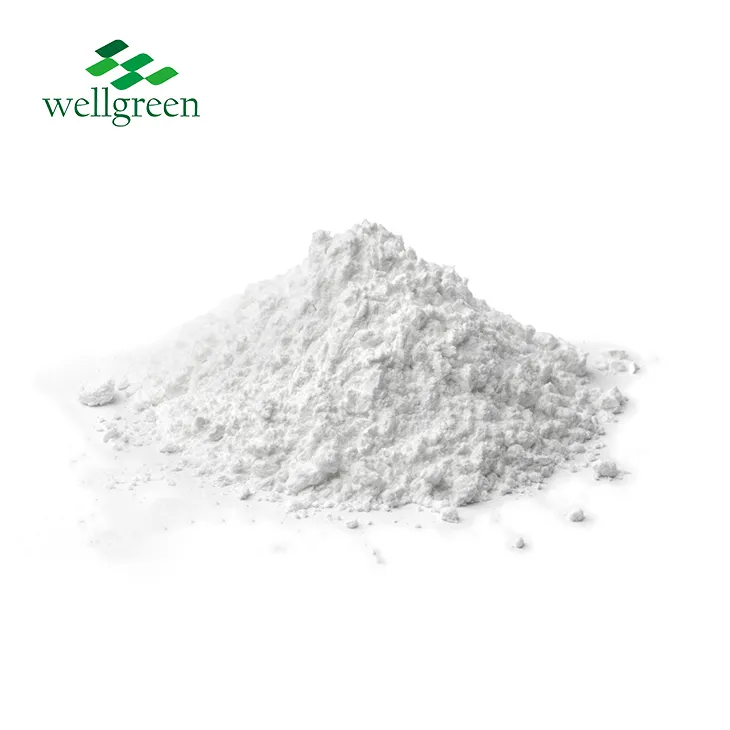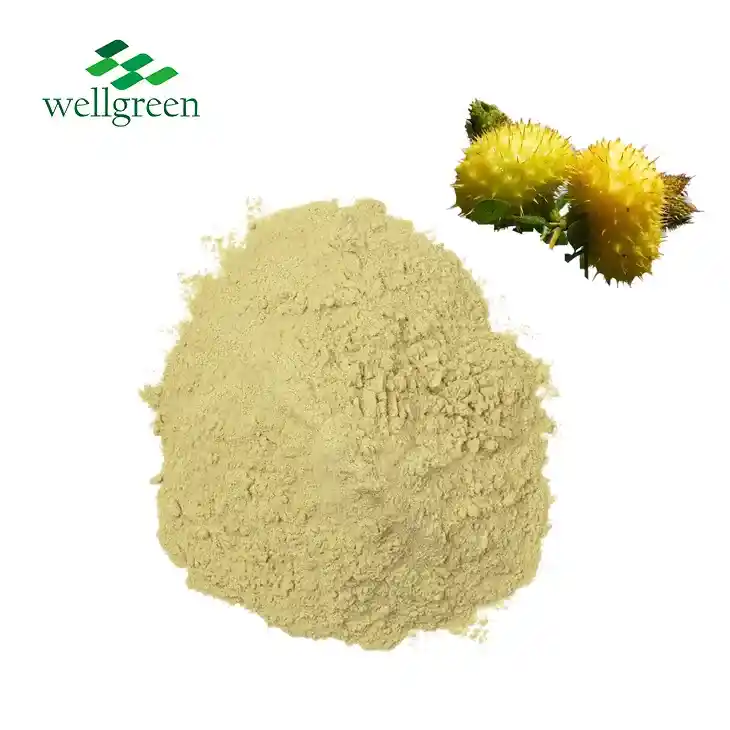How to make liquid yucca extract?
2024-06-13 15:14:56
As a passionate advocate for organic gardening and sustainable agriculture, I have always been intrigued by natural alternatives to conventional fertilizers and plant supplements. One such solution that has gained popularity among gardeners and growers is yucca liquid extract. In this comprehensive guide, I will explore the benefits, uses, and methods of making liquid yucca extract, drawing insights from authoritative sources and reputable websites to provide valuable information to readers seeking to harness the power of this natural plant extract.
Introduction

Yucca liquid extract, derived from the yucca plant (Yucca spp.), has emerged as a versatile and eco-friendly solution for enhancing plant growth, improving soil health, and boosting overall crop yields. With its unique chemical composition and myriad of benefits, liquid yucca extract has garnered attention from both amateur gardeners and commercial growers alike.
It is obtained from the Yucca schidigera plant, native to the deserts of southwestern North America. Traditionally used by indigenous communities for its medicinal properties and practical applications, yucca has garnered attention in modern times for its diverse range of benefits.
One of the primary uses of Liquid Yucca Extract is in agriculture. As a natural surfactant, it enhances the efficiency of agricultural inputs such as fertilizers, pesticides, and herbicides. By reducing surface tension and improving soil penetration, Liquid Yucca Extract helps to maximize the uptake of nutrients and moisture by plants, promoting healthy growth and development. Additionally, its ability to stimulate microbial activity in the soil contributes to soil health and fertility, fostering sustainable farming practices.
In gardening and horticulture, Liquid Yucca Extract serves as a valuable tool for plant care and maintenance. When applied as a foliar spray or soil drench, it aids in nutrient absorption and water retention, ensuring optimal conditions for plant growth. Moreover, its natural properties make it an eco-friendly alternative to synthetic additives, aligning with principles of organic and sustainable gardening.
Beyond agriculture, Liquid Yucca Extract finds applications in various industrial sectors. In the manufacturing industry, it is utilized as a foaming agent in the production of soaps, detergents, and shampoos, imparting cleansing and emulsifying properties to products. Its natural origin and biodegradability make it a preferred choice for companies committed to eco-friendly manufacturing practices.
Understanding the Benefits of Liquid Yucca Extract
Yucca liquid contains saponins, natural surfactant compounds that help increase the absorption and uptake of nutrients by plant roots. By reducing surface tension and breaking down soil particles, yucca extract promotes better water penetration and nutrient availability in the root zone, leading to healthier and more resilient plants. Additionally, yucca extract has been shown to stimulate microbial activity in the soil, fostering a balanced and thriving soil ecosystem.
In agriculture, it emerges as a game-changer, offering a sustainable solution to enhance crop productivity and soil health. Acting as a potent surfactant, it breaks down surface tension and facilitates better absorption of water and nutrients by plant roots. This not only promotes robust growth but also reduces the need for excessive fertilizers, thereby mitigating environmental impact and fostering eco-friendly farming practices. Moreover, its ability to stimulate beneficial microbial activity in the soil contributes to long-term soil fertility and resilience.
Gardening enthusiasts also stand to benefit from the wonders of Liquid Yucca Extract. Whether tending to a backyard garden or nurturing potted plants indoors, incorporating this natural extract can yield impressive results. By improving soil structure and moisture retention, it creates an optimal environment for plant growth and vitality. Furthermore, its gentle yet effective formula makes it a preferred choice for those seeking organic alternatives to synthetic fertilizers and pesticides, aligning with principles of sustainable gardening.
In the realm of industrial applications, it shines as a versatile ingredient with a range of uses. Its foaming properties make it invaluable in the formulation of cleaning products, where it helps to disperse dirt and grease effectively. Additionally, its natural emulsifying abilities find application in the production of cosmetics and personal care items, where it lends a gentle touch while ensuring product efficacy.
Beyond its practical applications, it embodies a commitment to environmental stewardship and sustainability. As a renewable resource with minimal environmental footprint, it offers a compelling alternative to conventional chemicals and additives. By harnessing the power of nature, Liquid Yucca Extract paves the way for a greener, more sustainable future, where productivity and conservation go hand in hand.
Exploring the Uses of Liquid Yucca Extract

In agriculture and horticulture, yucca liquid is utilized in various ways to improve plant health and performance. It can be applied as a soil drench or foliar spray to promote root development, enhance nutrient uptake, and mitigate stress caused by environmental factors such as drought, heat, or salinity. Furthermore, yucca extract is commonly used as a wetting agent in pesticide formulations to improve spray coverage and efficacy.
Methods of Making Liquid Yucca Extract
While commercial formulations of yucca liquid are readily available, many gardeners prefer to make their own homemade version for cost-effectiveness and quality control. The process typically involves harvesting yucca leaves or roots, chopping them into small pieces, and steeping them in water to extract the beneficial compounds. After a period of fermentation or maceration, the liquid is strained and diluted to the desired concentration for application.
Tips for Making and Using Liquid Yucca Extract
When making it at home, it is important to use fresh yucca plant material and clean, non-chlorinated water to avoid contamination and ensure optimal results. Experimenting with different extraction methods and concentrations can help tailor the extract to specific plants and growing conditions. Additionally, it is recommended to conduct a small-scale test application before applying yucca extract extensively to assess its compatibility and effectiveness.
Conclusion
In conclusion, it represents a natural and sustainable solution for improving soil fertility, enhancing plant growth, and maximizing agricultural productivity. By harnessing the power of yucca saponins, gardeners and growers can unlock the full potential of their crops while minimizing the need for synthetic inputs and chemical additives. Whether used as a soil conditioner, root stimulant, or adjuvant in pesticide formulations, liquid yucca extract offers a safe, effective, and environmentally friendly option for sustainable agriculture and gardening practices.
References
► University of Arizona Cooperative Extension. "Yucca Extract for Crops and Gardens." https://extension.arizona.edu/sites/extension.arizona.edu/files/pubs/az1502.pdf
► Colorado State University Extension. "Yucca and Yucca Extracts: Uses in Crop Production." https://extension.colostate.edu/topic-areas/agriculture/yucca-and-yucca-extracts-0-411/
► University of Florida IFAS Extension. "Liquid Yucca Extracts: Understanding the Chemistry, Physiology and Agronomic Benefits." https://edis.ifas.ufl.edu/ss650

